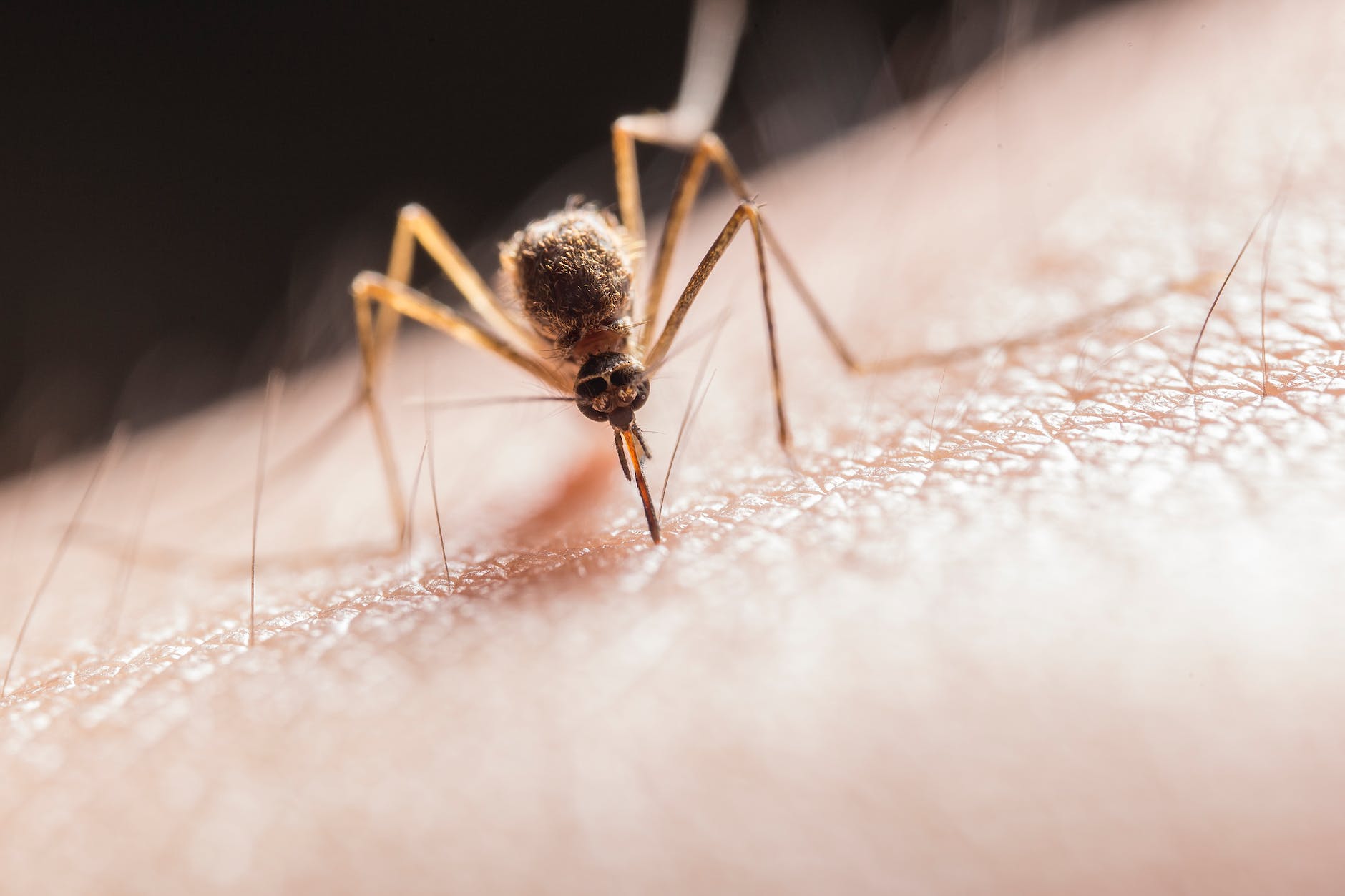What to Do and What Not to Do When You Get an Insect Bite

Insect bites are common, especially in warmer countries where insects quickly breed. You’re also more at risk of insect bites if you regularly participate in outdoor hiking trips. While most insect bites are harmless and don’t cause any major complications, this isn’t always the case.
Some insect bites can lead to severe allergic reactions or infections. That’s why it’s so important to know how to deal with an insect bite if and when you ever get one. Taking the correct post-bite actions reduces your risk of further issues and ensures your safety.
In this article, we will provide you with some simple things on what to do and what not to do when you get an insect bite, sometimes known as a no-see-um bite.
What to Do When You Receive an Insect Bite
Let’s talk about how to treat no-see-um bites before we move on to what you should avoid after an insect bite to reduce the risk of further complications.
Washing the bite site
As soon as you notice that you’ve got an insect bite, your first step should be to wash the air. Use clean water and mild soap to rinse around the bite and remove any dirt and bacteria that might be surrounding the area.
Applying a cold compress to the area
Next, you should apply a cold compress to the bite. Doing so will alleviate any itching and inflammation caused by the insect bite, and it should also minimize pain.
You can use an ice pack or grab a bag of peas from the freezer to soothe the area (whatever is most convenient for you at the time will suffice)! Apply the ice-cold compress to the bite for 10-15 minutes for temporary relief.
Taking medications and applying creams to the bite
If you’re experiencing a lot of pain and itching around the site of the bite, you might want to head to your local chemist and purchase over-the-counter creams. Ideally, you should choose a steroidal cream, such as hydrocortisone, to reduce inflammation and minimize any associated symptoms.
Alternatively, you can get oral antihistamines that will reduce systemic inflammation. Always follow the chemist’s instructions when using over-the-counter medications and creams or carefully read through the instructions.
Monitoring the area
Within the week following the bite, keep a close eye on it to ensure it’s not showing signs of infection. It shouldn’t be swollen or secreting pus or fluids. If it does, you might need to see your doctor for a deeper assessment and stronger antimicrobial medications.
You shouldn’t be experiencing any additional symptoms, like dizziness, hives, or difficulty breathing. Again, if you notice any of these symptoms, contact your doctor immediately.
What Not to Do When You Get an Insect Bite
We’ve covered what you should do when an insect bites you. Now, let’s take a look at some of the things to avoid.
Don’t scratch the bite
As tempting as it is to itch an insect bite, especially when it’s swollen and tingling, it’s important to leave it alone. Itching can cause bacteria to transfer into the bite, causing infections and worsening the problem. Scratching can also increase local inflammation so that bite will take longer to heal.
Avoid popping or squeezing any blisters if they form around the bite, as this could increase the risk of infections and slow down the healing process. You should always allow blisters to heal on their own, even if it takes several weeks.
Don’t use home remedies to treat the bite
It’s always best to get over-the-counter medications and creams to treat an insect bite and avoid using home remedies. No matter what you’ve read online or which recommendations your friends and relatives have made, avoid using DIY treatments on your bite.
No baking soda, no toothpaste, and no vinegar! None of these things are scientifically proven to treat insect bites effectively. If anything, they could make the bite worse and cause it to be more painful.
Don’t be afraid to get medical attention
You should always seek medical attention when you get an insect bite. No matter how scared you might be, it’s much better to face your fears and head to a hospital as quickly as you can. The quicker you get treatment, the quicker your bite will heal.
It’s especially important to seek medical attention when you’re experiencing systemic symptoms, like a rapid heart rate or difficulty breathing. You should never put off going to see a doctor in this case, as your symptoms could be the sign of an allergic reaction that may lead to serious consequences or even fatality if untreated.

Leave a Reply
You must be logged in to post a comment.